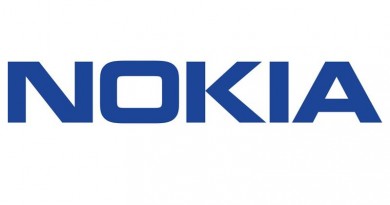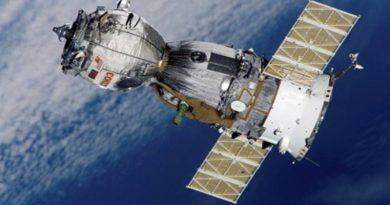Nigeria’s inflation unchanged at 9.2%, as petrol still sells over N100/litre
Author: Onyinye Nwachukwu, Abuja , Businessdayonline
Nigeria’s headline inflation held steady at 9.2 percent in July, same as the previous month, on account of muted price rises in the Food and Non Alcoholic Beverages, Housing, Water, Electricity, Gas and Other Fuel, and Furnishings and Household Equipment Maintenance divisions, among others.
But high cost of petrol, at over N100 per litre average across the country, which is well above the N87 official pump price, continues to weigh on local consumer prices.
In July, petrol sold the least average price of N92/litre in just two states – Kano and Lagos, while the product was costliest in Taraba at N130/litre, according to latest figures from the National Bureau of Statistics.
The Food Sub-index, according to the NBS, rose by 10 percent (year-on-year) in July, increasing at the same pace for the second consecutive month.
The bureau noted that although rates recorded in June and July remained the highest for the year, a slower increase in the Meats, Fish, Fruits and “Potatoes, Yams and Tubers” groups weighted on the Food Sub-index as a whole.
Faster price increases were observed in the “Bread and Cereals,” “Milk, Cheese and Eggs” and “Oils and Fats” groups, while the pace of increase in the price of vegetables held constant over the June and July figures, the federal data office further noted in its a Consumer Price Index (CPI) report.
Since December 2014, Nigeria’s inflation has risen steadily, first, on account of a weak naira, and then high cost of petrol, which moved up transportation costs reasonably.
Nigeria does not yet target inflation, but the Central Bank of Nigeria (CBN) has adopted a 6-9 percent single digit band as a guide. The band had been widely achieved for 31 months now, but there are fears that inflation could jump to double digits before year-end, considering the pace of price movement, especially attributable to cost of transportation and imports.
The NBS in the CPI report released this Wednesday morning, indicated that core inflation measured by the prices of the “All Items less Farm Produce” increased even at a faster pace in July.
“The Core Sub-index increased by 8.8 percent (year-on-year), 0.4 percentage points from 8.4 recorded in June, with the highest pressures observed in the Transportation, Education and Miscellaneous Good and Services divisions,” NBS said.
But the pace of increases slowed in multiple divisions such as the Communications, Recreation and Culture, and Restaurant and Hotels divisions.
While the Urban inflation (year-on-year) stayed relatively unchanged at 9.2 percent from rates recorded in June, the Rural index increased marginally by 9.2 percent, from 9.1 percent in June.



